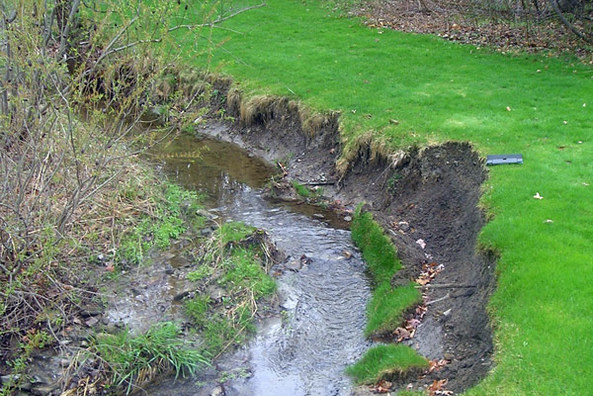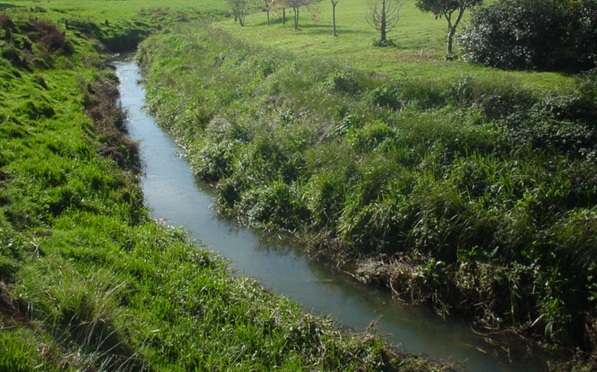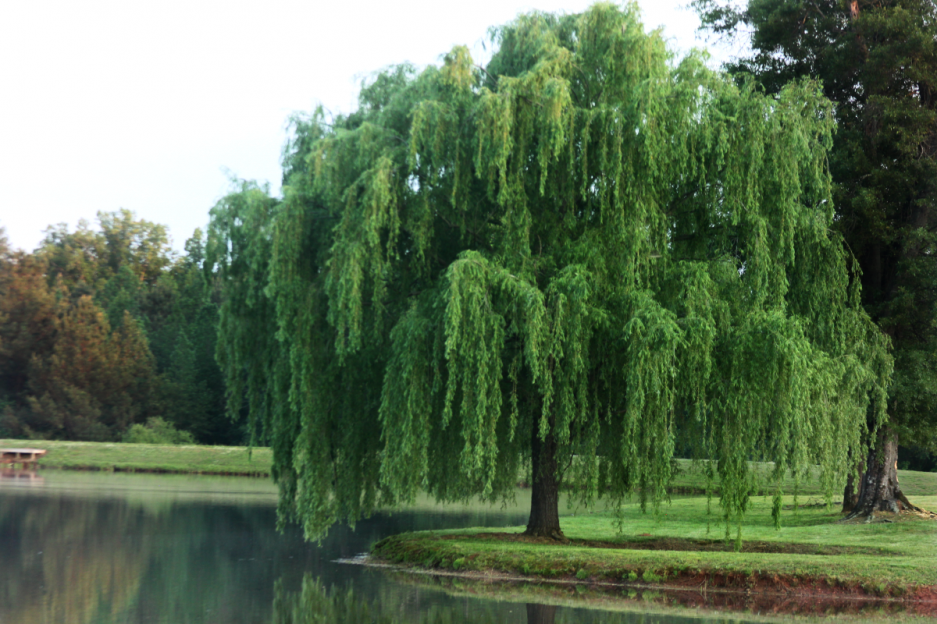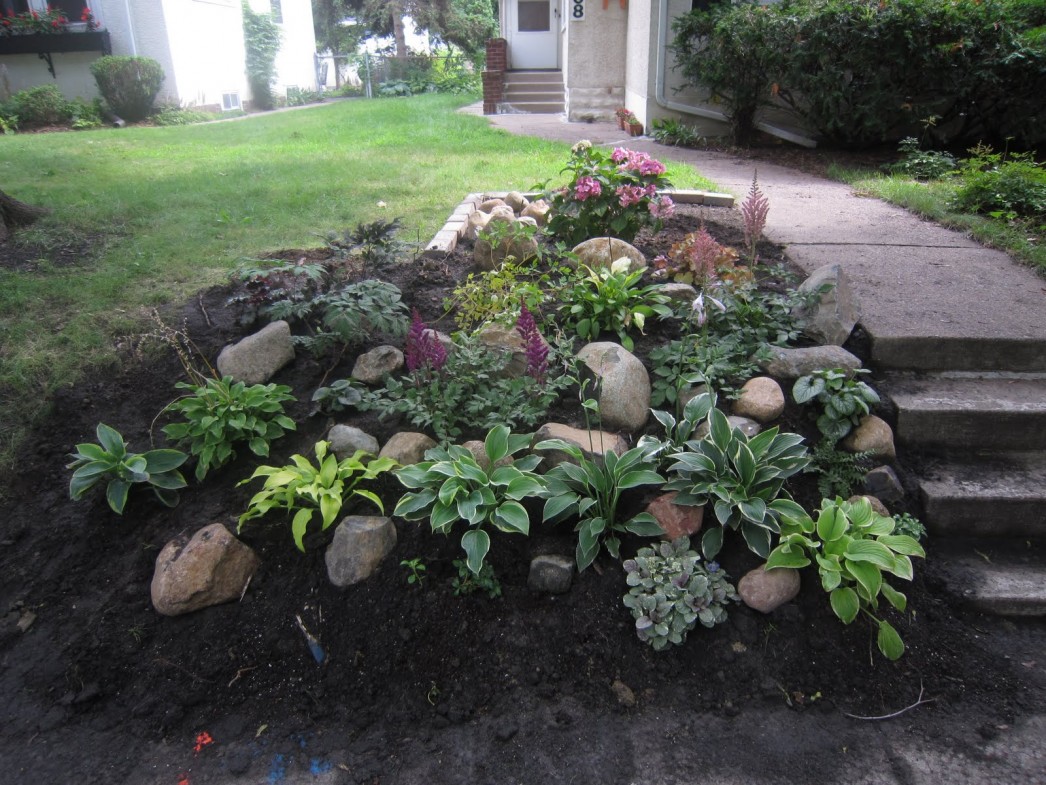Erosion Prevention Using Plants
Keep your soil where you want it with erosion preventing plants!
“Don’t it always seem to go, that you don’t know what you’ve got till it’s gone” is a classic line from a Joni Mitchell song, and it also conveys my sentiments about soil. Soil is certainly underappreciated in today’s world, yet we depend on it for so much! The majority, if not all of our food relies on soil; our houses are built on it, and our roads too. We really should take better care of our soil, and we should try our best to hold onto as much as possible. Unfortunately, wind and rain are responsible for constantly washing away our precious soil. Planting things like trees, shrubs, and grasses is an excellent way to prevent erosion and promote healthy plant life.

Let’s say you have a creek running through your property, or there is a large hill on it somewhere. Soil is easily washed away from these problem areas and you can end up with sinkholes, washouts, or puddles. Also if these areas are close to existing structures, serious damage can occur. Planting appropriate plants depending on the situation, is an excellent solution to erosion problems. Sunlight, incline, soil quality, and climate are all contributing factors when deciding what to plant to prevent erosion.
Grasses for Erosion Control
Grasses are ideal for preventing soil erosion. Their root systems are sprawling and they weave themselves together, holding lots of soil in them. Also, since the soil is entirely covered by grass, negative wind and rain effects are weakened, if not eliminated. Ideally, use native grasses for erosion control so that you don’t introduce any invasive species. Native grass species are also great for improving the appearance of your over all landscape, blending in with the variety of existing plants. Fescues are typically good erosion preventers, however depending on conditions, certain cultivars (grass species) are better suited than others. Consult your local sod farm for more insight as to the cultivars that would be best suited for your application. Remember to take note of the amount of sunlight, moisture, and the amount of traffic that the grass will be subjected to so that your local sod farm can make an informed decision.

Trees for Erosion Control
Trees can also be great for preventing erosion. Again, the sprawling roots are a huge advantage to prevent soil from washing away. Also leaves and branches can breakup wind that would normally blow plenty of soil away. Trees obviously get rather large depending on the species, and if the soil is too weak to support a tree, you may want to consider planting either grass or shrubs instead. Willows and other similar trees are very good for preventing erosion control. They have wide spreading roots, and you often see them clinging on to the river bank; this is evidence that they can thrive in eroding areas. There are several tree species that could work well as erosion preventers, and it’s worth contacting your local nursery to see what species would be best for your situation. Keep in mind though that trees take much longer to establish than either grass or shrubs, so this option should be only used if you have lots of time to work with.

Shrubs for Erosion Control
Shrubs are popular to keep your soil from eroding away. These low hanging plants also usually have extensive root structures that will hold onto soil and cut down on the amount of erosion that occurs. Shrubs can also be purchased as almost fully grown and can be transplanted. The roots will establish themselves into the soil fairly quickly and hold on very well. Popular shrubs that are used to prevent soil erosion are berry bushes, sumac’s, and any other native species that will create an extensive root system.

Trying to make sure that the soil you have on your property stays put can be a nightmare. Planting complexly rooted trees, shrubs, or grasses can be greatly beneficial to your erosion prevention efforts.

